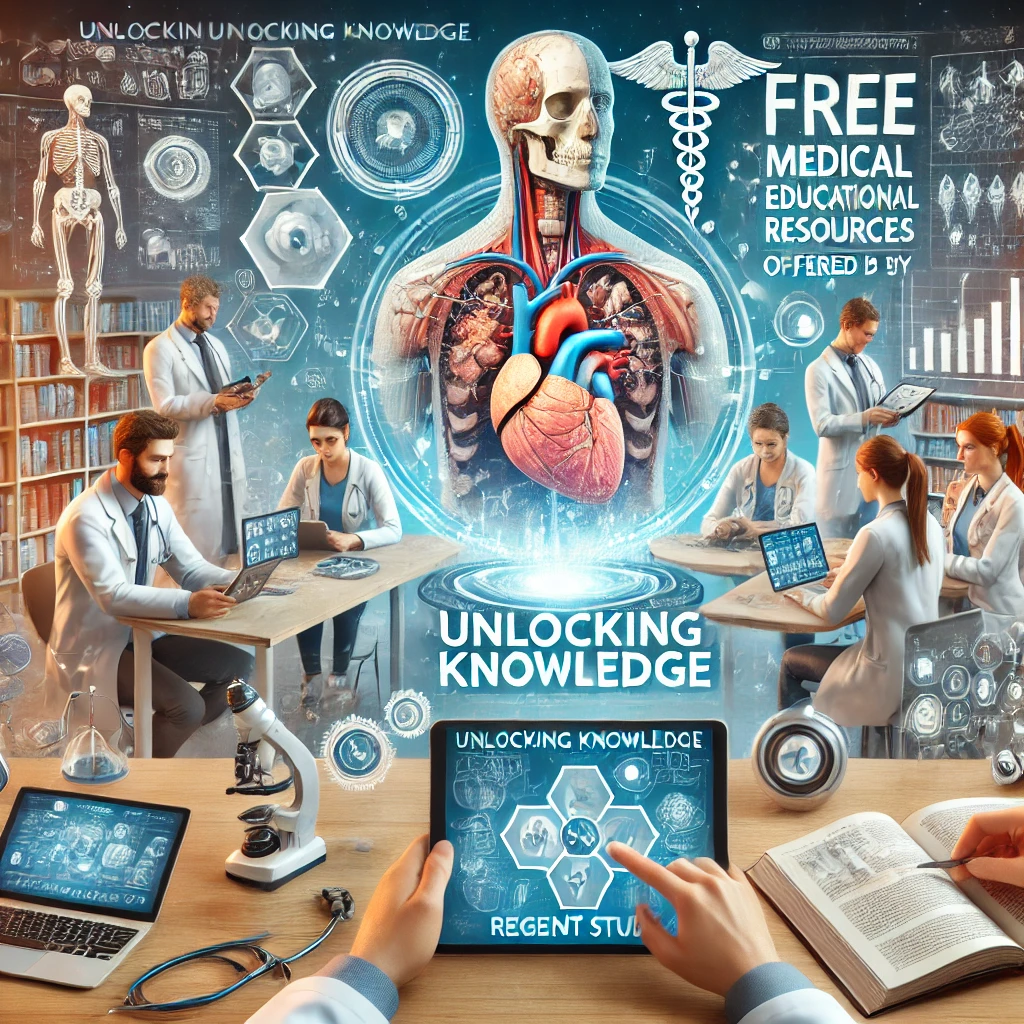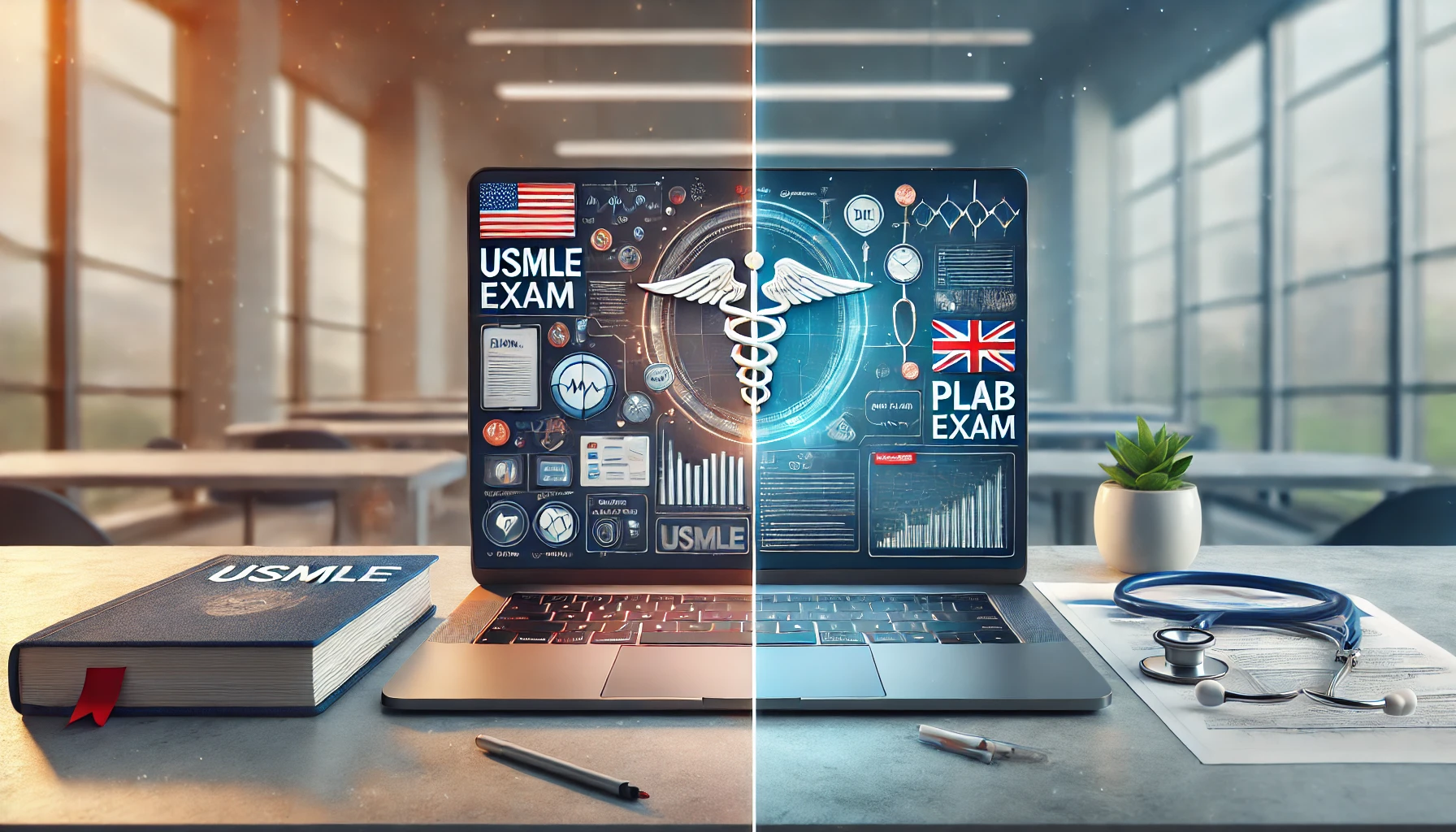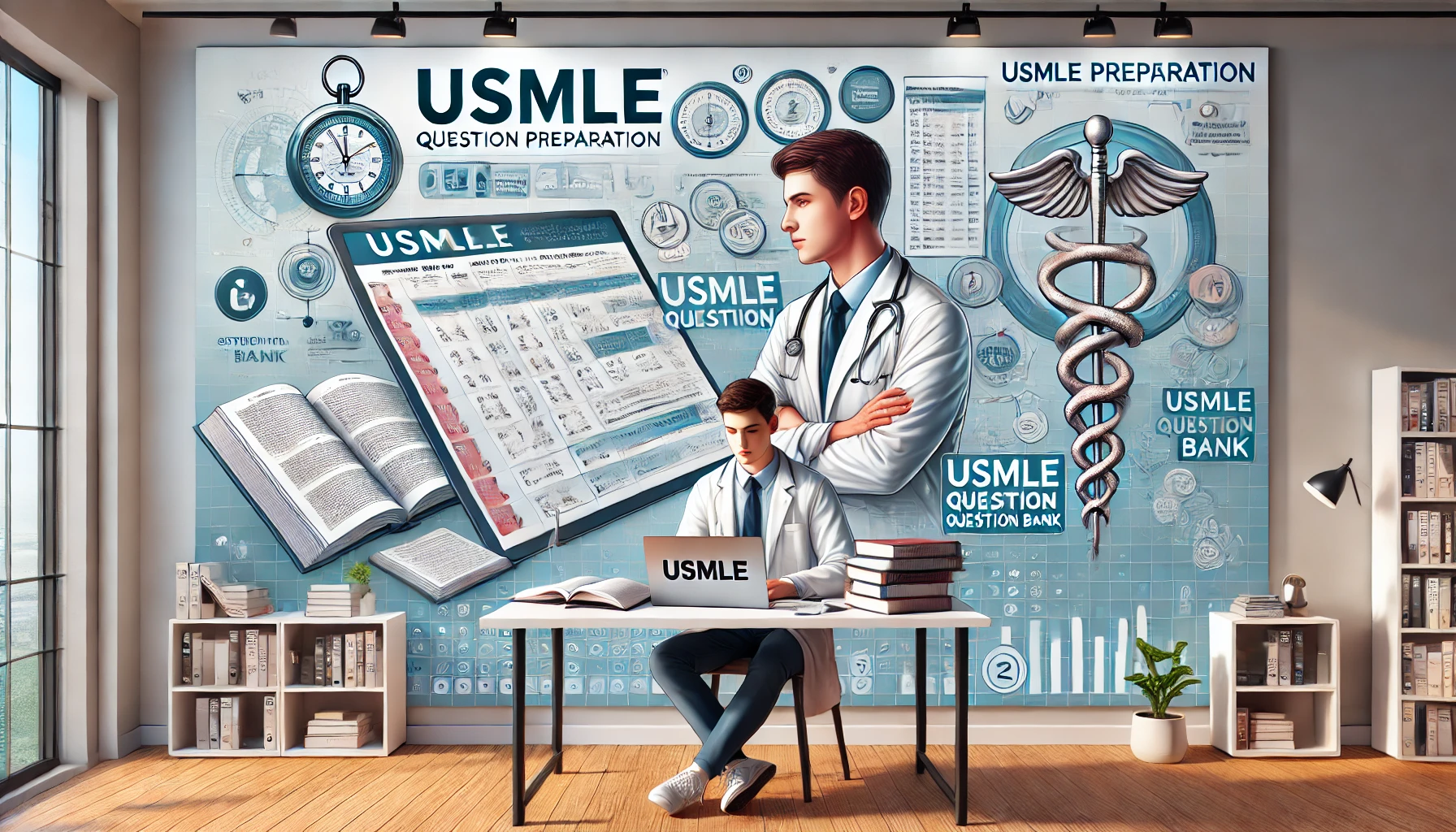Free Medical Educational Resources: Empowering the Future of Healthcare
In the ever-evolving field of healthcare, access to high-quality medical education is crucial for both aspiring and practicing professionals. Medical students, doctors, nurses, and other healthcare providers continually seek reliable sources to enhance their knowledge and skills. Free medical educational resources play a vital role in bridging the gap between expensive textbooks and accessible, up-to-date information. This article explores various free medical educational resources, highlighting their importance and providing tips on how to make the most of these invaluable tools.
The Importance of Free Medical Educational Resources
Free medical educational resources are indispensable for several reasons:
- Accessibility: They provide access to crucial information for individuals who may not have the financial means to purchase expensive textbooks or pay for costly courses.
- Up-to-Date Information: These resources are often updated regularly, ensuring that learners have access to the latest medical knowledge and research.
- Diverse Learning Methods: From videos and podcasts to interactive modules and e-books, these resources cater to different learning styles.
- Global Reach: They bridge educational gaps worldwide, providing equal opportunities for medical students and professionals from all backgrounds.
Types of Free Medical Educational Resources
There are numerous types of free medical educational resources available online, each offering unique benefits to learners. Here are some of the most popular categories:
Online Medical Courses and MOOCs
Massive Open Online Courses (MOOCs) offer free medical courses from prestigious institutions. These courses cover various topics, from basic medical sciences to specialized fields.
- Coursera: Offers courses from top universities like Stanford and Yale. For instance, the “Medical Neuroscience” course by Duke University provides comprehensive insights into the human brain.
- edX: Provides free courses from institutions like Harvard and MIT. “Health in Numbers: Quantitative Methods in Clinical & Public Health Research” is a notable example.
Medical Journals and Articles
Access to peer-reviewed journals and articles is essential for staying updated with the latest research and developments in the medical field.
- PubMed: A free resource developed by the National Center for Biotechnology Information (NCBI), offering access to millions of medical research articles.
- Free Medical Journals: A platform that aggregates links to free medical journals, allowing users to access and download articles across various specialties.
Medical Videos and Podcasts
Visual and auditory learners benefit significantly from educational videos and podcasts. These resources can help clarify complex concepts through visual aids and expert discussions.
- Khan Academy: Provides high-quality medical videos covering topics like anatomy, physiology, and biochemistry.
- Podcasts: Shows like “The Clinical Problem Solvers” and “The Curbsiders” offer insightful discussions on medical cases and topics.
Interactive Medical Resources
Interactive tools and simulations provide hands-on learning experiences, allowing students to practice and refine their skills.
- Medscape: Offers interactive case studies, quizzes, and clinical tools to enhance learning and decision-making.
- Osmosis: Provides interactive videos and quizzes to reinforce medical concepts.
Medical Textbooks and E-Books
Access to free medical textbooks and e-books ensures that learners have comprehensive references at their fingertips.
- Free Medical Books: A website offering a wide range of free downloadable medical textbooks and e-books.
- Bookboon: Provides free medical e-books written by experts in various fields.
How to Make the Most of Free Medical Educational Resources
Utilizing free medical educational resources effectively requires a strategic approach. Here are some tips to maximize their benefits:
Create a Study Schedule
Organize your study time by creating a schedule that incorporates different types of resources. Balance your time between reading articles, watching videos, and engaging in interactive tools.
Set Specific Goals
Identify specific learning objectives and use resources that align with those goals. For example, if you aim to improve your understanding of cardiology, focus on related courses, videos, and articles.
Engage Actively
Active engagement with the material enhances retention and understanding. Take notes, participate in discussions, and complete quizzes to reinforce learning.
Join Online Communities
Join online forums and communities where you can discuss medical topics, share resources, and collaborate with peers. Websites like Reddit’s r/medicalschool and Student Doctor Network offer platforms for such interactions.
Stay Updated
Regularly check for new courses, articles, and updates on your preferred platforms. Staying current with the latest medical knowledge is crucial for continuous professional development.
Conclusion
Free medical educational resources are invaluable for anyone pursuing a career in healthcare. They offer accessible, up-to-date information that helps bridge educational gaps and enhance learning experiences. By leveraging these resources, medical students and professionals can stay informed, develop their skills, and contribute to the advancement of healthcare. Embrace the wealth of free medical educational resources available and take charge of your learning journey today.
For more information and access to a variety of free medical educational resources, visit Regent Studies Medical Notes.





